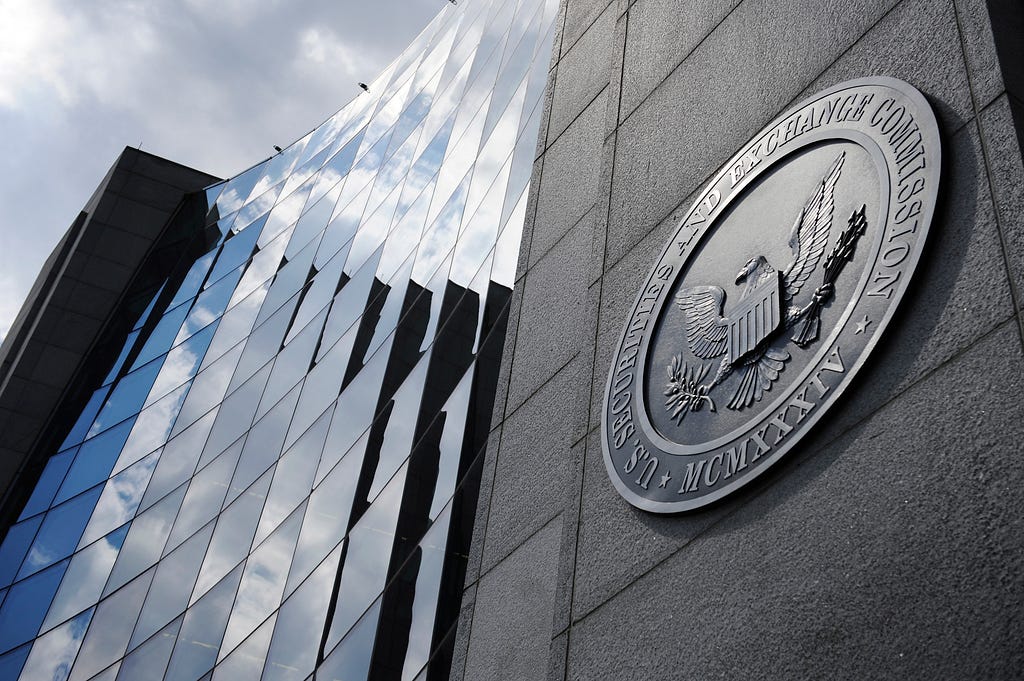Latest news about Bitcoin and all cryptocurrencies. Your daily crypto news habit.

After SEC Chairman Jay Clayton said in February on a Senate hearing that all tokens are security, many of industry experts got concerned. It was obvious that the SEC was preparing for something: as became clear leately, the agency was preparing a systematic investigation of projects working under the simple agreements for future tokens (SAFTs) framework.
Different sources name a different number of subpoenas that have already been sent to companies operating under this protocol, the number varying from 80 to 200 subpoenas.
How SAFT works
SAFT protocol was developed by attorney Marco Santori and the Filecoin team in 2017. For the tokens that are utilities SAFT contract can be used to create a security sold to accredited investors, future agreement for the time when the platform is completed. This agreement between an issuer and an investor means that although the tokens are not securities at this very moment, they might be classified securities later after the project is developed and completed.
Now the SEC is insisting on considering such tokens utilities and securities at the same time, especially if your investors count on cost growth and do not plan to use tokens in the system.
Who is getting subpoenas?
All the fuss goes behind closed doors and there is very little information on subpoenas addressees. So, nothing is known about whether, for example, Kin or Filecoin projects, which were also launched on the basis of SAFT, received similar warnings from the SEC. Only one person admitted receiving subpoena to CoinDesk journalist, TechCrunch founder Michael Arrington, who raised $100 million to start crypto hedge fund, Arrington XRP Capital.
Zero patient
Munchee ICO was the first to face serious consequences of the investigation of the SEC in December 2017, when they received a cease-and-desist order. It said, that Munchee has sold unregistered securities and has to stop operation. Experts say that it’s a bright example of what all the utilities are to expect right now.
The SEC’s investigation showed that Munchee’s MUN tokens are mostly securities rather than utilities as the MUN token didn’t pass the Howey Test. Particular attention was paid to the fact that Munchee in its Whitepaper and other official documents openly stated that, according to their forecasts, the tokens would have grown in value during the company’s development.
After having received the order, Munchee had to return all the $15 million raised to their investors.
What’s next?
The main question every ICO team is now considering is “what happens if the SEC comes out and says “SAFTs are illegal”?”. But the truth is that it will be difficult to declare all such cases illegal immediately, instead the SEC will have to investigate each one separately, since the SAFT agreement in each case is written individually by different lawyers, taking into account the specifics of the particular company.
In addition, in case the SEC requires a refund to investors, the company will be able to refuse and duck a question if, for example, all funds have already been transferred into foreign accounts.
One of the possible ways to work it out is to release separate official guidelines, indicating how companies should act in this case, so as not to get prosecutes in court. However, lawyers and attorneys unanimously declare at all regulatory panels and conferences that we attended, that the SEC themselves still have no clear understanding of what they want from the companies. The industry will have to walk for a while in the gray zone and be over-cautious before there will be unambiguous demands, on which you can rely.
Witch-hunt: what happens to a “utility” token when SEC comes? was originally published in Hacker Noon on Medium, where people are continuing the conversation by highlighting and responding to this story.
Disclaimer
The views and opinions expressed in this article are solely those of the authors and do not reflect the views of Bitcoin Insider. Every investment and trading move involves risk - this is especially true for cryptocurrencies given their volatility. We strongly advise our readers to conduct their own research when making a decision.
